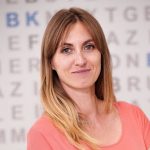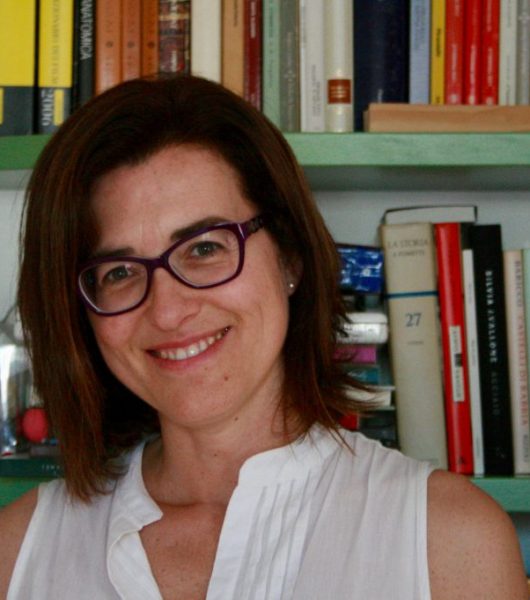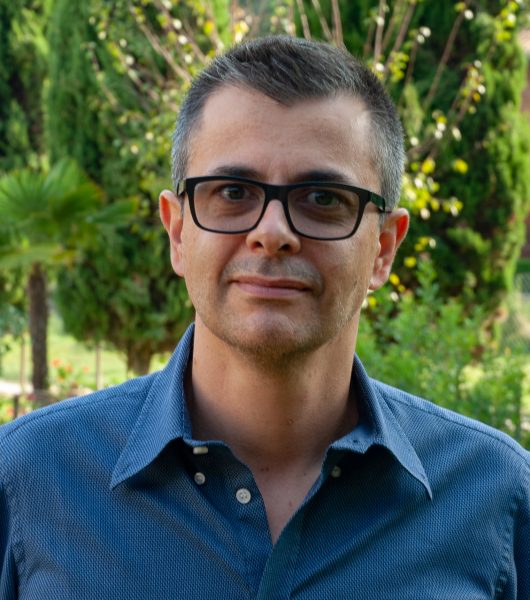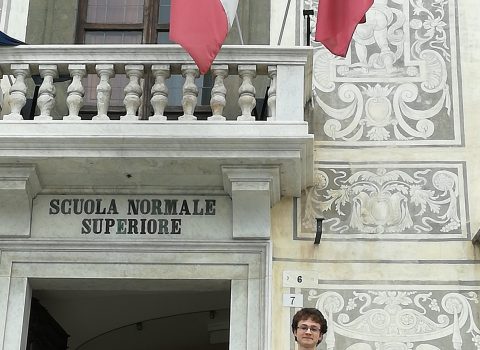
SATT2018: the Annual School for Translators Sells Out in Milan as Well
Held for the first time outside our Region, SATT has proven to be an international event for industry experts and translators
SATT 2018 – School of Advanced Technologies for Translators organized by Fondazione Bruno Kessler took place in a sunny, late summer Milan.
The school, now in its third edition, has become a regular September event: over 100 experts in the field, some of whom return every year, gather to learn about the latest news in the field of machine translation and post-editing technologies.
In previous years, the school had been held in Trento, in the halls of Fondazione Bruno Kessler in 2016, and at the School of Sociology in 2017, while this year it was hosted by the Free University of Languages and Communication (IULM) of Milan, thanks to a collaboration with the Dean of the School of Interpreting, Translation and Linguistics and Cultural Studies, Professor Paolo Proietti. The SATT format, developed by the FBK Machine Translation Unit and by Translated, includes two days of training: on day one, participants, after obtaining their certification, attend talks by international experts in translation, both from academia and industry; day two is instead dedicated to practical workshops in which tools and methods for computer-assisted translation are presented.
This year’s speakers have attracted the attention of attendees with brilliant and varied presentations: after a welcome speech held by Luisa Bentivogli, soul and mind of SATT, Prof. Sharon O’Brien , from the Dublin City University, opened the works with an talk on the training of translators, who are increasingly being required to have technological skills, in addition to linguistic skills.
Another voice from Ireland was that of Tony O’Dowd, founder of KantanMT.com, a widely used cloud platform that translates thousands of words through machine translation every day. Laura Rossi, with LexisNexis Univentio, then shared her experience in machine translation applied to patents, while Konstantin Savenkov, with Intento Inc. , explained the importance of evaluation and of the choice between different machine translation software, based on the material to be translated.
After a quick lunch and a nice group photo, it was the turn of charismatic Renato Beninatto (Nimdzi) who, after offering an overview of the recent changes in the translation market introduced by new technologies, presided over the day-one final panel with some of the speakers and with the participation of Paloma Valenciano from Traducciones Políglota.
On day two, participants could choose between four different practical workshops, all well attended: machine translation post-editing (held by Diego Cresceri of Creative Words); SDL Trados Studio, to date the main tool for assisted translation on the market; terminology and composition of glossaries (by Claudia Lecci, professor of the University of Bologna); MateCat, the open source translation software developed jointly by Translated and FBK.
In addition to the invited speakers, the School saw the precious contributions of the researchers from the FBK Machine Translation Unit, Luisa Bentivogli and Marco Turchi, who gave two introductory lectures on the most recent approaches adopted for the creation of machine translation systems and on the main evaluation methods for such systems.
Luisa Bentivogli, the organizer of the school since its first edition in 2016, is extremely satisfied with the progress of the school: “the SATT School was founded three years ago with the aim of reducing the gap between translators and the translation market, which exploits now the most advanced translation technologies, and in particular machine translation. In its three editions, the school has seen a steady growth in the number of participants, which shows that we are on the right track to reach our goal.”
The Head of the Machine Translation research unit, Marco Turchi, confirms the relevance of the initiative: “The success of the school and the liveliness and quality of the debates we have witnessed during the two-day school show how important it is for cutting-edge research on machine translation to come out of FBK’s laboratories and meet with the main players in the world of translation”.
All we can do now is to wait for the 2019 edition, which will provide further updates on the fascinating world of translation and language.
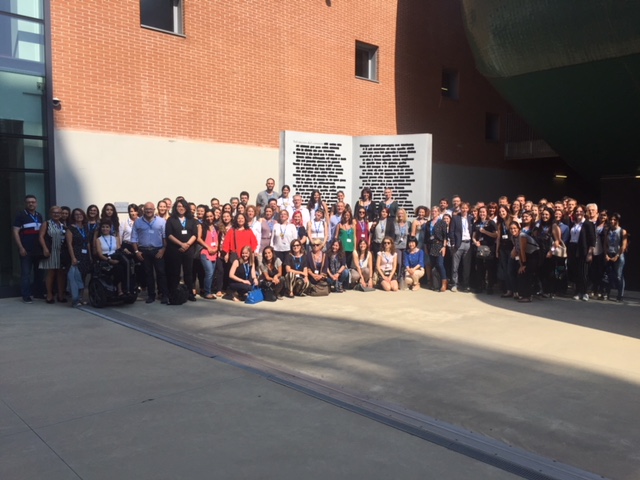
Foto di gruppo SATT 2018
